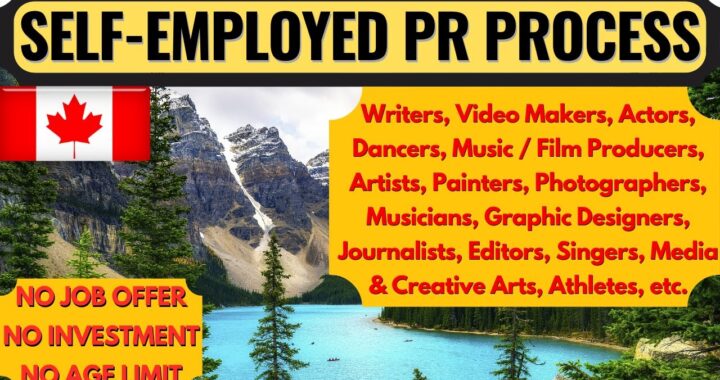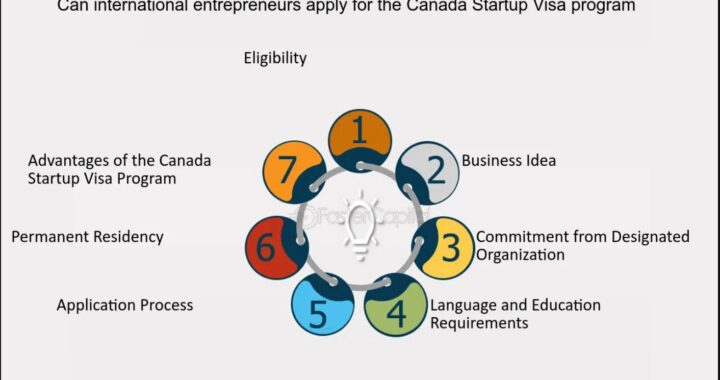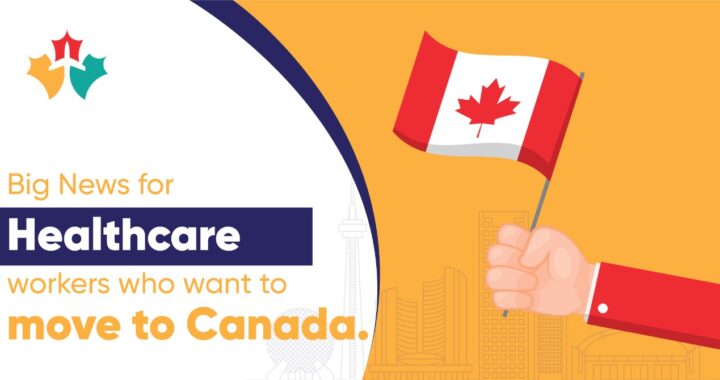Buying A Home In Canada Can Be Daunting: Here’s Step-by-step Detailed Guide!

Buying a Home in Canada
Buying a home in Canada can be a daunting task for first-timers. But in the long run, it can prove to be one of the most sought after decisions as the value of a property keeps on growing. Irrespective of whether you are buying a bungalow, a condo, or even a small townhome, a few guidelines will always come handy and applicable. Here’s a step-by-step breakup!
Start Saving Early For Down Payment
The more the down payment easier it is to gain a mortgage. That is why if you are planning to buy a property, start saving early for a down payment. In Canada, you may need to pay anywhere from 5% to 25% as a down payment. For ensuring well-planned savings, open an interest-saving account in your nearest bank or check out the various automated savings plan.
One more reason to save for down payment is to avoid paying the hefty sum for the Canada Morgage and Housing Corporation (CMHC) mortgage default insurance. Calculated on the basis of your down payment and mortgage size, if you make a down payment of 20% or around you will end up saving a huge amount.
Apart from down payment you also need to save for paying the home purchase price which is somewhere between 1.5 to 4%. These include the legal and administrative fees that you need to pay every time during the closing of any real estate transaction.

Check Your Affordability, Build Up Credit Score
You must set up your finances in order months ahead of even thinking of approaching a real estate consultant. It gives you a clear cut idea about your affordability and how much you can stretch your budget for EMIs. A credit score is yet another aspect that those buying a home in Canada cannot overlook. A credit score -in between 300 and 900 is a parameter referred by lenders for assessing the risk they face by giving you a loan on the mortgage. If you are low on the score bar, take measures to improve it.
Update your documents. Apart from credit score, this is the most important thing that you must take care of. The three things that the lender will scan thoroughly include your annual income, amount of debt, and your current assets. The documents you may need include proof of income (IT returns, bank statements of last 3 years, etc), photo identification (driver’s license, passport, etc), proof from where you are paying the down payment (saving account, by breaking FDs or other assets).
Keeping these documents ready will help you to get loans quickly.
Hunt For Competitive Mortgage Offer, Types of Mortgages
There are lots of finance companies and banks offering different types of mortgages. Hunt for competitive offers, get a mortgage pre-approval. You can do this by using a mortgage prequalification calculator that is available on websites of many leading lenders. Also, check which type of mortgage suits you the best like open/closed, low/high ratio, fixed/variable rate, credit/home equity line.
Lastly, get in touch with the most reliable, registered real estate company for buying a home in Canada to ensure that you are not duped or cheated in any way.

 What actions by Trump Government are in store for illegal immigrants in US? What are Challenges to deport illegal immigrants from US?
What actions by Trump Government are in store for illegal immigrants in US? What are Challenges to deport illegal immigrants from US?  What are changes in Canada Start up Visa Program and Self-Employed Persons Program. How would it affect the potential immigrants to Canada?
What are changes in Canada Start up Visa Program and Self-Employed Persons Program. How would it affect the potential immigrants to Canada?  Launch Your Dreams: A Guide to Canada’s Start-Up Visa Program for Global Entrepreneurs
Launch Your Dreams: A Guide to Canada’s Start-Up Visa Program for Global Entrepreneurs  Options for Immigrating to Canada as a Healthcare Worker- Best Canadian Provinces that offer good salaries
Options for Immigrating to Canada as a Healthcare Worker- Best Canadian Provinces that offer good salaries  Immigrating to Quebec province Canada- Professions in demand with salaries- Racial Discrimination
Immigrating to Quebec province Canada- Professions in demand with salaries- Racial Discrimination  H1B Visa- Eligibility Requirements- its Duration- Process to apply and Professions in demand
H1B Visa- Eligibility Requirements- its Duration- Process to apply and Professions in demand  Recent Changes to Canada’s Work Permit Rules and its impact on Immigrants from India
Recent Changes to Canada’s Work Permit Rules and its impact on Immigrants from India  Applications for UK Immigration witness major decline as the Immigration Laws undergo significant changes
Applications for UK Immigration witness major decline as the Immigration Laws undergo significant changes